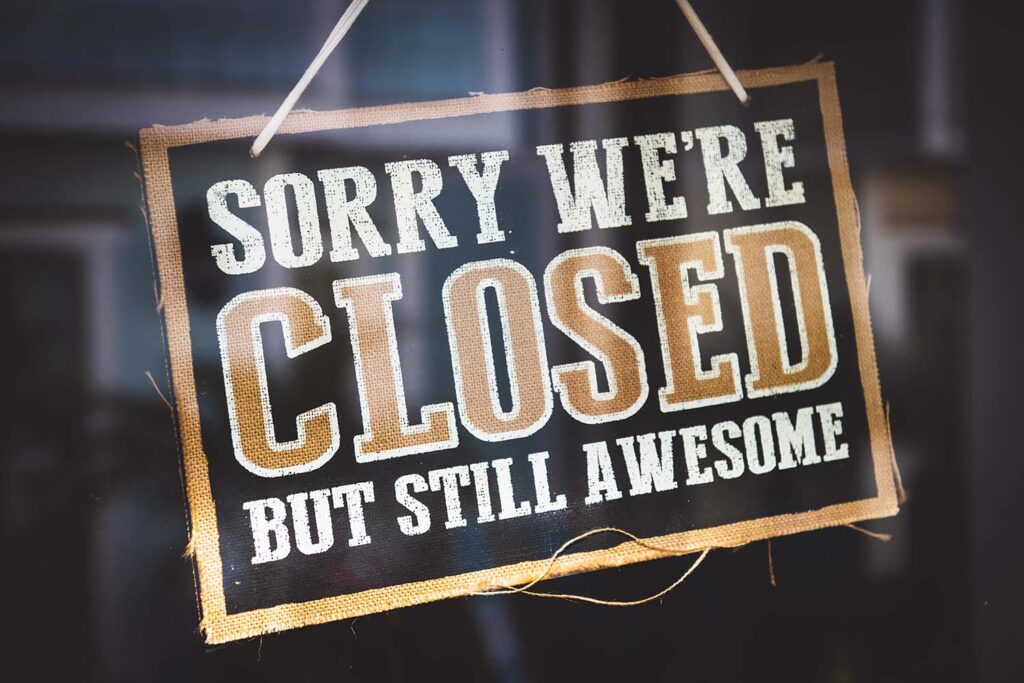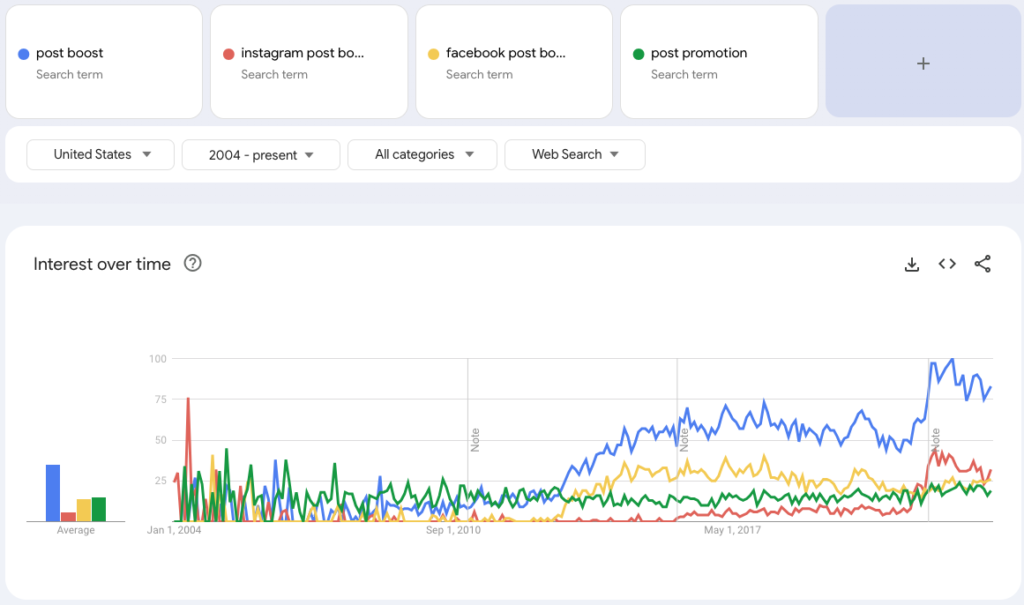Never Mind the Metaverse, Threads and AI, this Knowledge Gap is Costing Meta—and Businesses that Rely on its Platforms—Millions

Ok, so imagine with me, if you will—you’re a small business owner. Say you just opened a bakery. You’re young and energetic, you’ve built a devoted following through pop-ups and special events, and you finally have your space built out and ready to go.
What you don’t have is an excess of capital. You’ve bootstrapped your build out and now you don’t have the money for a fancy website. Never mind the fact that the internet, digital marketing and web developers have failed to solve for this problem in the past 30-ish years. You’re nothing if not scrappy, so you fire up Instagram (because you’re not 90 years old) and let loose the best damn “GRAND OPENING” post the Internet, or the app, or… err… whatever… has ever seen.
Now, if you’re still coasting on the gravy train (with biscuit wheels!) that is a personal account masquerading as a business, you might be ok. Your post will land in a random number of your followers’ feeds and voila, your first day of business is a smashing success.
Alternatively, if at some point you transitioned to a business account (gold star, right?!), you’re screwed. That’s because unless you put some money into the Meta machine and pay to reach your followers—the very people who live in your neighborhood and want to know when they can buy your brioche—you’re going to reach very few of them.
What the Heck Happened to Organic Reach?
According to multiple rounds of analysis we’ve completed for clients here at Sonar, on average an organic post reaches 2-3% of a business’s total follower base. Maybe, maybe, if you’re lucky and your post gets out of the gates with a serious shot of engagement, you’ll get to six percent.
Why? Because organic reach died in 2017.
I’m not going to go into the how because in the dark and dusty corner of the Internet known as digital marketing blogs, people have been explaining this to each other for more than a half decade. The bottom line is, Facebook essentially told us they were killing organic reach in sever successive algorithm updates, as this Hubspot post explains.
That’s right: before Facebook broke democracy, they took your audience hostage. Want to reach all those people you’ve worked hard to attract to your brand/message/sticky buns? It’s pay-to-play, baby. Aka, advertising.
Say what you will about the rich tapestry of ingenuity/dastardliness that is this move by Facebook/Meta/Mark. The bigger issue is that literally no one seems to know about it.
If a Tree Falls in the Woods…
In our daily travels with prospective clients at Sonar, I’d say 95+% of business owners and marketing operatives don’t understand this critical tenet of social media. They’re still hammering away at posts they think are reaching untold potential customers. And in some cases, they’re paying creative or social media agencies to curate bespoke messaging streams in post and Story form, again to reach a paltry number of their clients’ audience. And yet somehow, the only stories we hear harken back to the golden age of virality, when a simple picture or video could somehow, inexplicably reach an audience of millions!
Welcome to the cold, dark reality of the real world, Pollyanna. Kim and Kylie literally paid to get to the follower counts that are synonymous with the value of their personal brands today. Stifle that scream of terror. You have to (and have had to) pay to get your posts in front of your audience on Meta properties.
Boost It or Lose It
It’s called “boosting a post” and if you’ve never heard of it, you’re not alone. Need proof?
The chart below tracks awareness of the topic since 2004 using Google Trends data. Total searches for variations of the term (we threw in “post promotion” for good measure) actually trended down after the carpet transition to the mechanism for dispersion in 2017. You can also see that, for Facebook, it’s never really picked up. Overall awareness, and awareness in relation to Instagram finally started to pick up pace in 2022.

But this chart is based off proportional data, not actual numbers. So are we seeing a sea change, mass adoption here?
Looking at actual keyword data, we’re able to see that all-in, the topic of “post boost” (which captures related terms like “facebook post boost,” “instagram post boost” and “post boosting”) is comprised of about 6,000 terms. In total, roughly 50,000 searches are conducted on an average monthly basis throughout the year. Add in “post promotion” just for fun and you get an additional 900 terms and 6,800 queries.
Still with me? That means that at an absolute maximum, at current levels, which are +/- 35% above pre-2022 levels, ~60k people search for information on how to boost posts per month. Now, those are not all uniques, and we can assume that there are some people out there who already understand the world according to Mark. But there are probably 60,000 digital marketing managers in the US. And there are definitely a lot more than 60,000 business owners in the country. Choose either lane and you have a vast gap in understanding regarding the way social media works.
Facebook Fix #1: Restore Organic Reach for Brands, Or Do a Better Job of Telling People How Your Platform Works
Let’s revisit our friends with the new bakery down the block. They have an opening day that is, shall we say, the calm before the calm. They keep their heads down though, and keep on posting everything on their feed—events, hours, specials. All the while assuming that they’re reaching the people they need to reach… the people who opted in to getting this information from them.
Meta has two simple options in this situation, both of which would serve their platforms and their bottom line.
- Restore organic reach for brands and businesses. Despite recent shifts towards more active content curation, mostly via AI (a la TikTok), this has to be an option. They edited the functionality out of the algorithm, they have to be able to put it back in.
- Tell business owners the truth: Hey, we’re taxing you to reach your audience—always. The platforms are commercialized and Zuckerberg is popularly known as a modern-day Vulcan robber baron, so a bit of callousness is on-brand. And who knows? Brownie points for transparency?
We generally find that our clients willingly pay for ads and for post boosts once they understand this dynamic. But they’re in an extremely small minority—informed advertisers in today’s digital marketplace.
It’s safe to say that today’s better-than-expected Q2 earnings had something to do with efficiencies, especially relating to 21,000 layoffs. And while the company continues to lean into gambles like the Metaverse and Threads, what would shareholders think about developing an essentially unknown and certainly under-utilized revenue stream that’s built into their ad platform?
It’s a million—if not billion—dollar idea. And one that could return Meta’s platforms to the central role they once played in people’s social lives and community interactions.